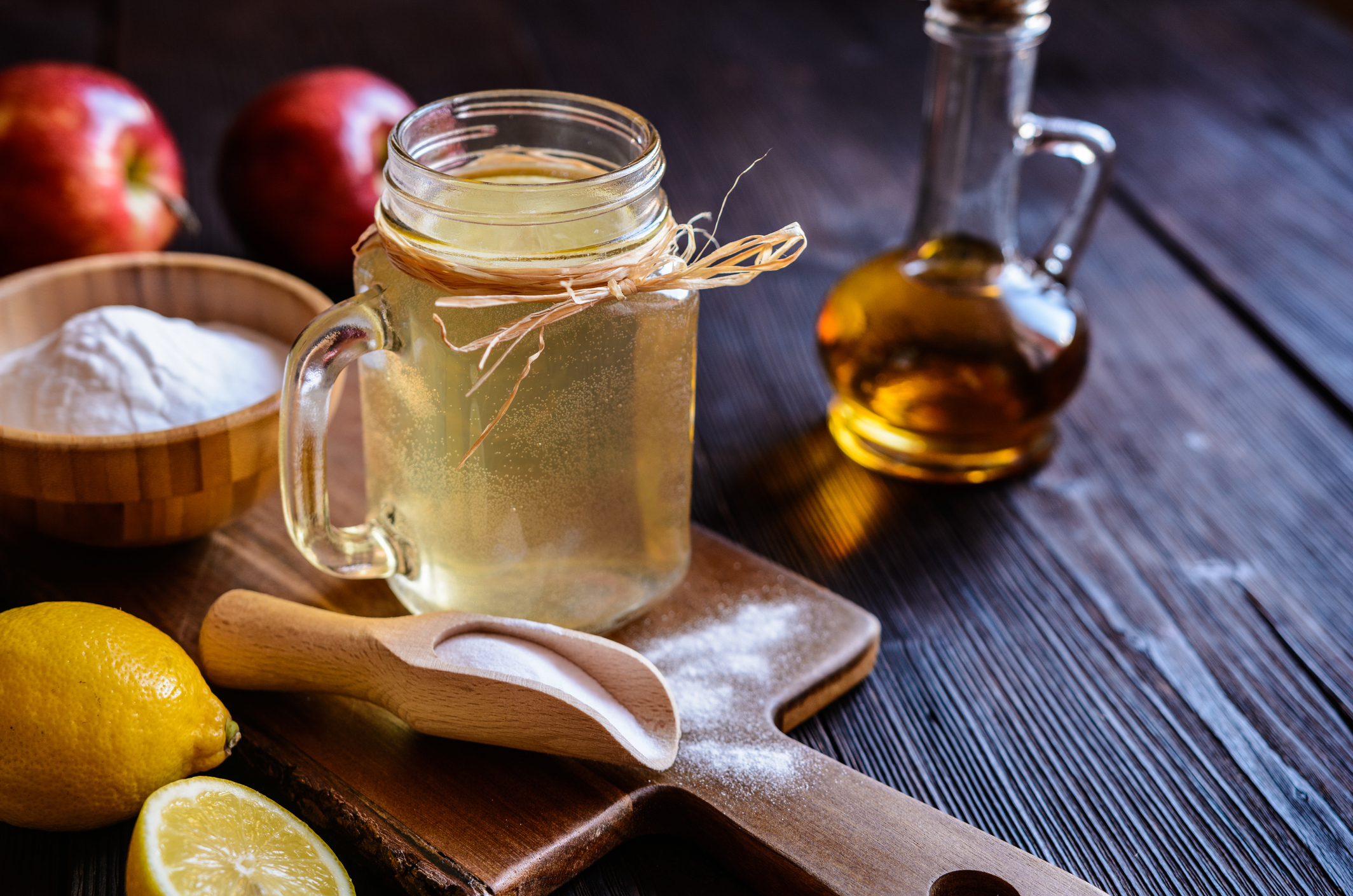BI Urges Validation of Apple Cider Vinegar for Naturally Occurring Acids

RANCHO DOMINGUEZ, CALIFORNIA
– BI recently introduced an unfiltered organic Apple Cider Vinegar powder (ACV), which consists of 4-10% Acetic Acid. The powder acts as a substitute for liquid ACV in beverages, dry mixes, seasoning blends, etc. ACV has received a tremendous response in the market with the growing interest in its overall health benefits. The proliferation of ACV products on the market has coincided with an increase in ingredients from non-naturally derived acetic acid. BI is urging the vigilance from market participants to validate ACV identification and assay due to known fortification or spiking.
BI’s Quality Control Manager, Steve Smith, urges industry participants to look beyond common assay methods and include identity testing to confirm the integrity of the ACV material. “BI’s current method for identification of ACV includes full testing on the source vinegar and other ingredients. Full disclosure of all ingredient components is shown on every product we sell. One issue related to ACV is that common titration methods don’t provide data that’s specific enough to differentiate which acids are actually in the powder. For example, we tested a batch of ACV powder with 9.7% acetic acid by the titration method, when in fact other acids were present. Using high performance liquid chromatography analysis (HPLC) of the same sample, we were able to more accurately determine the naturally occurring constituents as 7.2% acetic acid, plus a trace of malic acid from the apples, for a total of 7.4%. The variance compared to titration is quite significant.”
High performance thin-layer chromatography (HPTLC) is an FDA recommended method for evaluating the identity of incoming raw materials. It should be more widely used to identify and separate components of a mixture, such as vinegar, and to confirm the vinegar is actually derived from apples, and not vinegar synthesized from methanol, acetaldehyde, or ethylene. Combining HPTLC with an HPLC assay technique can help confirm fortification with other acids, such as tartaric or citric.
“Some of our competitors offer fortified ACV without disclosing the composition to their customers. The acidic components are not naturally occurring in apple cider vinegar and could lead to labeling issues down the line”, said Emilio Gutierrez, BI’s Vice President of Technical Services. “If the ACV in this circumstance were to be tested by common titration methods, we would achieve a seemingly acceptable assay result. Upon further testing with HPTLC and HPLC, however, we would be able to confirm whether the acidic composition is natural to the vinegar. This is why we’re urging the full disclosure of ACV fortification and an assay method beyond titration.”
BI standardizes liquid Apple Cider Vinegar to achieve a 4-10 percent acetic acid range for its ACV. BI’s unique ID authentication program, Identilok®, is used to insure that the ACV is derived from non-fortified, naturally produced acetic acid and not from any other sources that would not be expected by the consumer.
To learn more about BI and its ingredient verification techniques, visit
www.botanicals.com.
About BI
BI is a global full-service supplier of dietary supplement and functional food ingredients including plant-based powders and teas, standardized and ratio extracts, proteins, fibers, vitamin mineral premixes, custom blends, granular ingredients and other specialty processes. BI offers more than 200 ingredients that have been determined as safe for use in foods and beverages by the FDA or FEMA, the Flavors and Extracts Manufacturers Association. In 2002, BI pioneered a steam sterilization process, known as Protexx HP® Green Steam™, which is the industry’s only species-specific, organic sterilization method with a validated kill step. All BI ingredients undergo stringent quality analysis that includes heavy metals, pesticides, irradiation, and Identilok®, BI’s species identification process. The company has also developed a proprietary process, UltraHD®, which creates high-density herbal powders allowing for superior flow and less dusting during the manufacturing process. For more information, visit www.botanicals.com.
